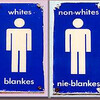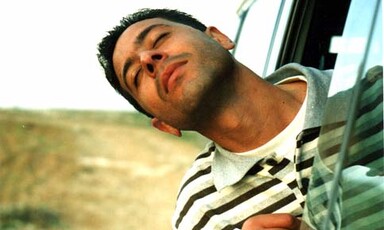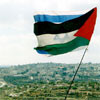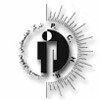
Diagnosing Benny Morris: the mind of a European settler
27 January 2004
Israeli historian Benny Morris crossed a new line of shame when he put his academic credentials and respectability in the service of outlining the “moral” justification for a future genocide against Palestinians. How can one explain Morris’ knowledge that the ethnic Darwinism that was used to justify the murder of millions of non-whites, including Black African slaves, Native Americans, Arabs, and others, was also used to justify the attempt to exterminate Jews? Gabriel Ash takes a closer look at Morris’ thinking and the tradition to which it belongs. Read more about Diagnosing Benny Morris: the mind of a European settler








